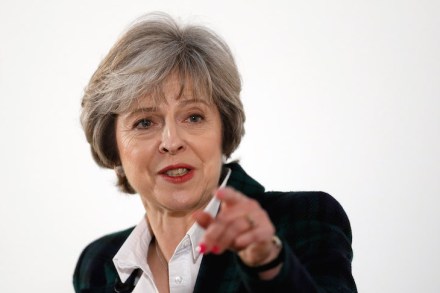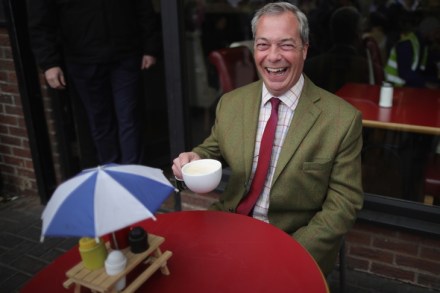At least Martin McGuinness made old age. Many others didn’t
When Martin McGuinness said he was retiring from politics due to serious illness it gave vent, almost immediately, to the sort of ‘How McGuinness became a man of peace’ stories. Personally I have always thought the salient point about the man is not that he became a man of peace but that he was ever a man of violence. Over recent years a narrative has developed around the Troubles, that the people who ‘became men of peace’ are much to be admired. This narrative overlooks the fact that the real people to be admired are those from all sides who – despite sharing many or all of the same grievances as the ‘men





















